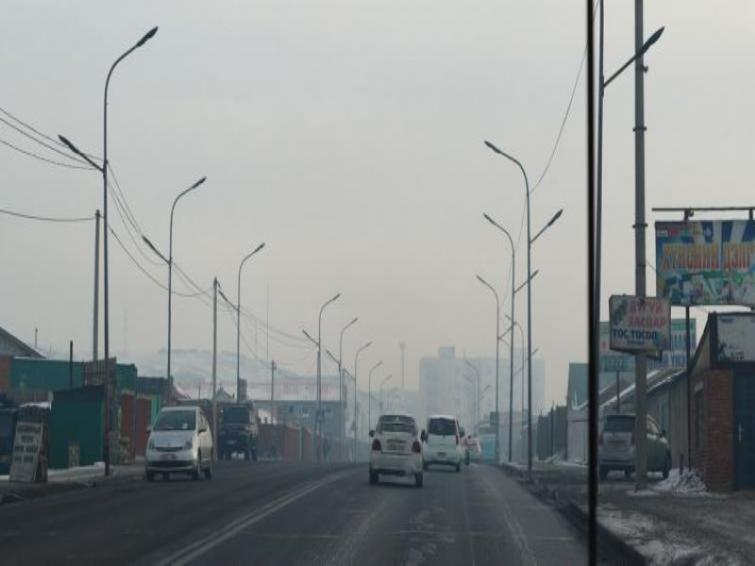
Air Pollution is cutting lives short by 8.6 years in UP: AQLI
Lucknow/UNI: On an average, air pollution cuts short life expectancy of citizens in Uttar Pradesh by nearly 8.6 years relative to what they would be if particulate concentrations everywhere were at the level of 10 µg/m 3 deemed safe by the WHO, as per a new analysis of the Air Quality Life Index (AQLI).
The AQLI, produced by the Energy Policy Institute at the University of Chicago (EPIC), reveals that the residents of Lucknow could live about 9.5 years longer if WHO guidelines were met. Way back in 1998, the gain in life expectancy by meeting the same air quality standards was 5 years. But Lucknow is still not at the top of that list. There are a lot of districts in Uttar Pradesh where people might be living shorter and sicker livers.
For example, in Hapur, citizens could gain 11 years if the air quality matched WHO standards. Also, Bulandshahr, Ghaziabad, GautamBudh Nagar, Sambhal and Aligarh have very high levels of pollution and gain in life expectancy in these districts could be 11.1yrs, 10.7yrs, 10.6yrs, 10.5yrs and 10.5 yrs respectively, if people breathe in clean air.
While air pollution is a challenge across India, high levels of particulate pollution in the IGP region of North India, including Bihar, Chandigarh, Delhi, Haryana, Punjab, Uttar Pradesh and West Bengal, would have seen their citizens cut their lives 7 years because air quality fails to meet World Health
Organization (WHO) guidelines for fine particulate pollution. This is due to a 72 per cent increase in
pollution from 1998 to 2016 in the region that is home to about 40 per cent of India’s population.
In 1998, the impact on people’s lives would have been half of what it is today, with residents losing 3.7
years of life expectancy.
The new findings were released here on Thursday, as the full platform of the AQLI , expanding the Index’s ability to inform citizens and policymakers about particulate air pollution—the greatest threat to human health globally.
''With the addition of this Hindi version, hundreds of millions more users will be able to learn how particulate pollution is affecting their lives, and, importantly, how air pollution policies can make an enormous difference in increasing life expectancy,'' said Michael Greenstone, the Milton Friedman
Distinguished Service Professor in Economics and Director of Energy Policy Institute at the University of Chicago (EPIC) in a statement here.
If India is successful in meeting its goals under the National Clean Air Program (NCAP), and sustaining pollution reductions of about 25 per cent, the AQLI shows that such improvements in air quality would extend the life expectancy of the average Indian by 1.3 years. Those in the IGP would
gain about 2 years onto their lives.
Mr Gaurav Gogoi, Member of Parliament and World Economic Forum, Young Global Leader said in another statement that, ''Top research suggests a clear link of life gains with the reduction in air pollution. Citizen’s awareness is the key to demand cleaner air and AQLI is a step in the right direction. I am proposing a private member's bill to amend the 1981 Air Act, highlighting health impacts due to rising air pollution''.
The AQLI is rooted in a pair of peer-reviewed studies in which Greenstone and his co-authors exploited a unique natural experiment in China-based on China’s Huai River Winter Heating policy.
The natural experiment allowed them to isolate the effect of air pollution from other factors that affect health. They then combined the results from these studies with hyper-localized, global particulate matter measurements, allowing users to zoom in on any district in the world and understand the impacts of that district’s local air pollution on life expectancy.
Support Our Journalism
We cannot do without you.. your contribution supports unbiased journalism
IBNS is not driven by any ism- not wokeism, not racism, not skewed secularism, not hyper right-wing or left liberal ideals, nor by any hardline religious beliefs or hyper nationalism. We want to serve you good old objective news, as they are. We do not judge or preach. We let people decide for themselves. We only try to present factual and well-sourced news.







